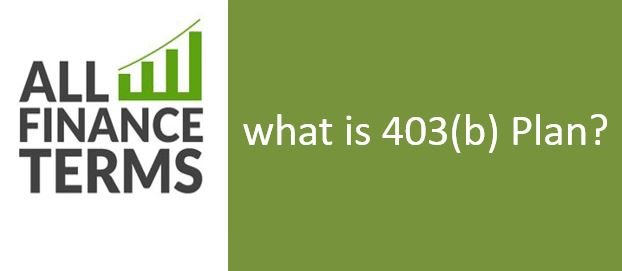Definition of 403(b) Plan
A 403(b) plan is a retirement living plan for specific workers of public educational institutions, tax-exempt companies and certain ministers. These plans can invest in either annuities or common resources. A 403(b) plan is another name for a tax-sheltered premium (TSA) plan.
Brief Explanation of 403(b) Plan
Employees may make wage deferral efforts. However, they are limited by regulating boundaries. Individual accounts in a it offer a premium contract, bought through an insurance provider or a legal consideration, which spends in common resources or a retirement living income consideration established for cathedral workers. Employees of tax-exempt companies are qualified to take part in the plan. Members consist of instructors, school directors, instructors, government workers, nursing staff, physicians and librarians. A TSA is another financing source for retirement living in addition to a retirement living plan or retirement living that helps workers meet their retirement living goals. It is actually a type of pension strategy that is related to a 401(k) plan but is particular to workers of tax free companies and other particular individuals.


